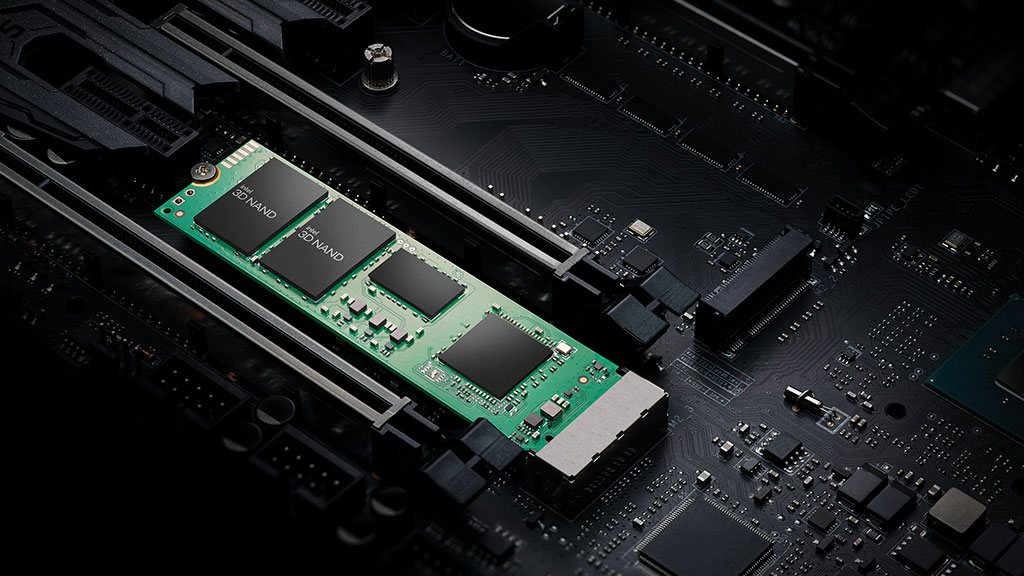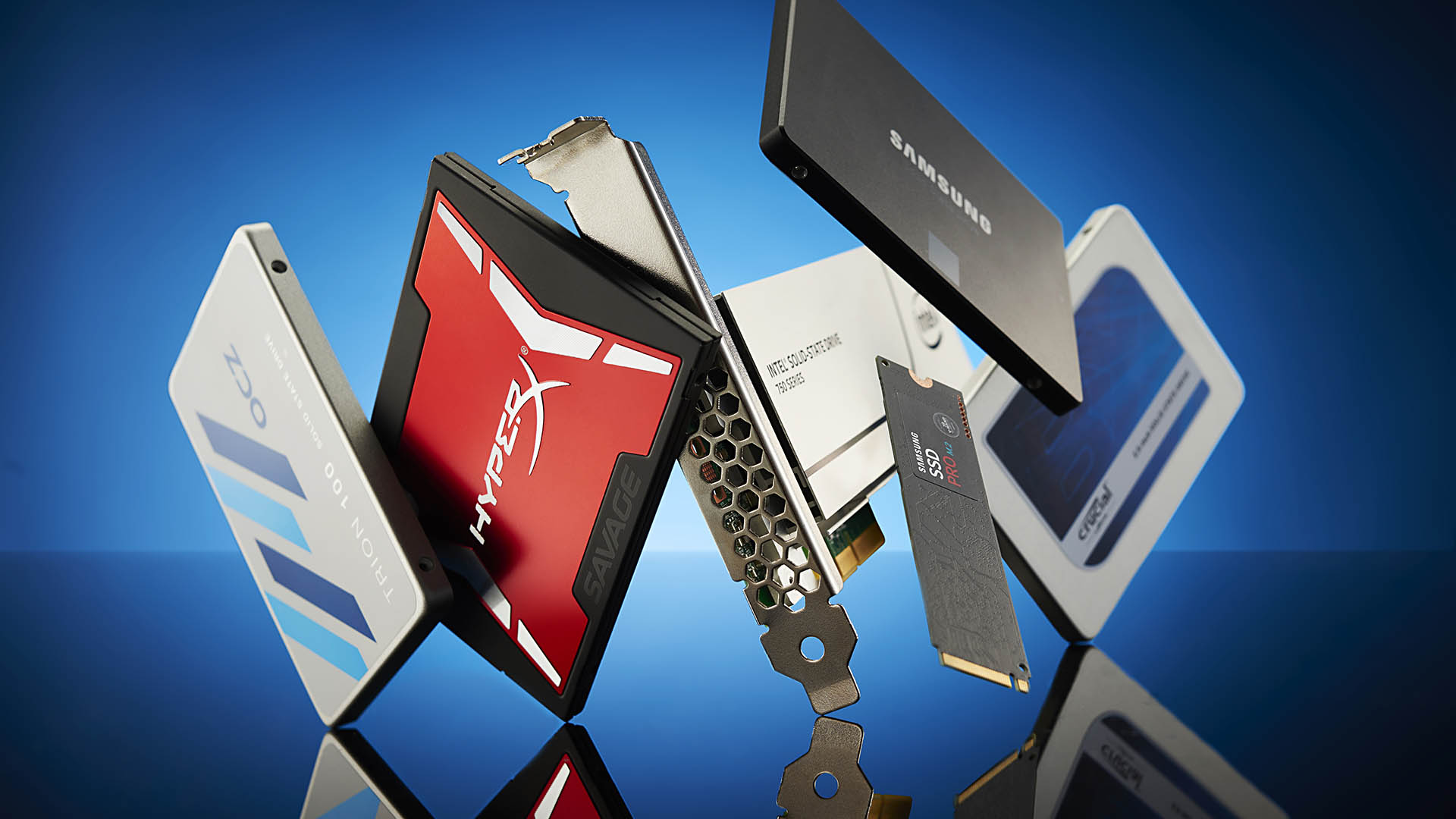You won't be able to buy a high capacity 5-bit PLC SSD until 2025 says WD
The follow up to QLC is waiting on next-gen controllers.

Penta level cell (PLC) flash may be the next logical step for SSDs, but Western Digital for one doesn't think the technology is going to be ready for prime time until at least 2025 (via Tom's Hardware). The reason for the delay is because newer, more powerful controllers are going to be needed to make the shift to PLC worthwhile.

Best SSD for gaming: the best solid state drives around
Best PCIe 4.0 SSD for gaming: the next gen has landed
The best NVMe SSD: this slivers of SSD goodness
Best external hard drives: expand your horizons
Best external SSDs: plug in upgrades for gaming laptops and consoles
The most popular storage technology currently used by SSDs is triple-level cell (TLC) flash, which uses eight voltage levels to store three bits per cell. Quad-level cell (QLC) flash uses 16 voltage levels to store four bits per cell, but requires advanced error correction along with wear-levelling and overprovisioning to maximize endurance.
The 32 voltage levels needed for PLC flash will require even better error correction, which in turn requires faster processors at the heart of the controllers. This new flash technology will also require more overprovisioning, error correction, and wear-levelling to make the 25% increase in capacity worthwhile.
The problem isn't the flash technology itself, but rather what else goes into a modern SSD, and those can undermine the value proposition of PLC itself. Much in the same way that QLC flash memory hasn't resulted in cheaper, more capacious SSDs, despite the promise—these drives need elaborate caches to mask the underlying performance of the flash technology used.
We may see PLC SSDs before 2025 of course, as the computing industry has a history of sorting out these kinds of issues. And this could result in SSDs offering hard drive levels of capacity, hopefully without offering hard drive levels of performance. It doesn't look like it's just going to be an easy step of switching to PLC flash though.
Keep up to date with the most important stories and the best deals, as picked by the PC Gamer team.
Alan has been writing about PC tech since before 3D graphics cards existed, and still vividly recalls having to fight with MS-DOS just to get games to load. He fondly remembers the killer combo of a Matrox Millenium and 3dfx Voodoo, and seeing Lara Croft in 3D for the first time. He's very glad hardware has advanced as much as it has though, and is particularly happy when putting the latest M.2 NVMe SSDs, AMD processors, and laptops through their paces. He has a long-lasting Magic: The Gathering obsession but limits this to MTG Arena these days.


